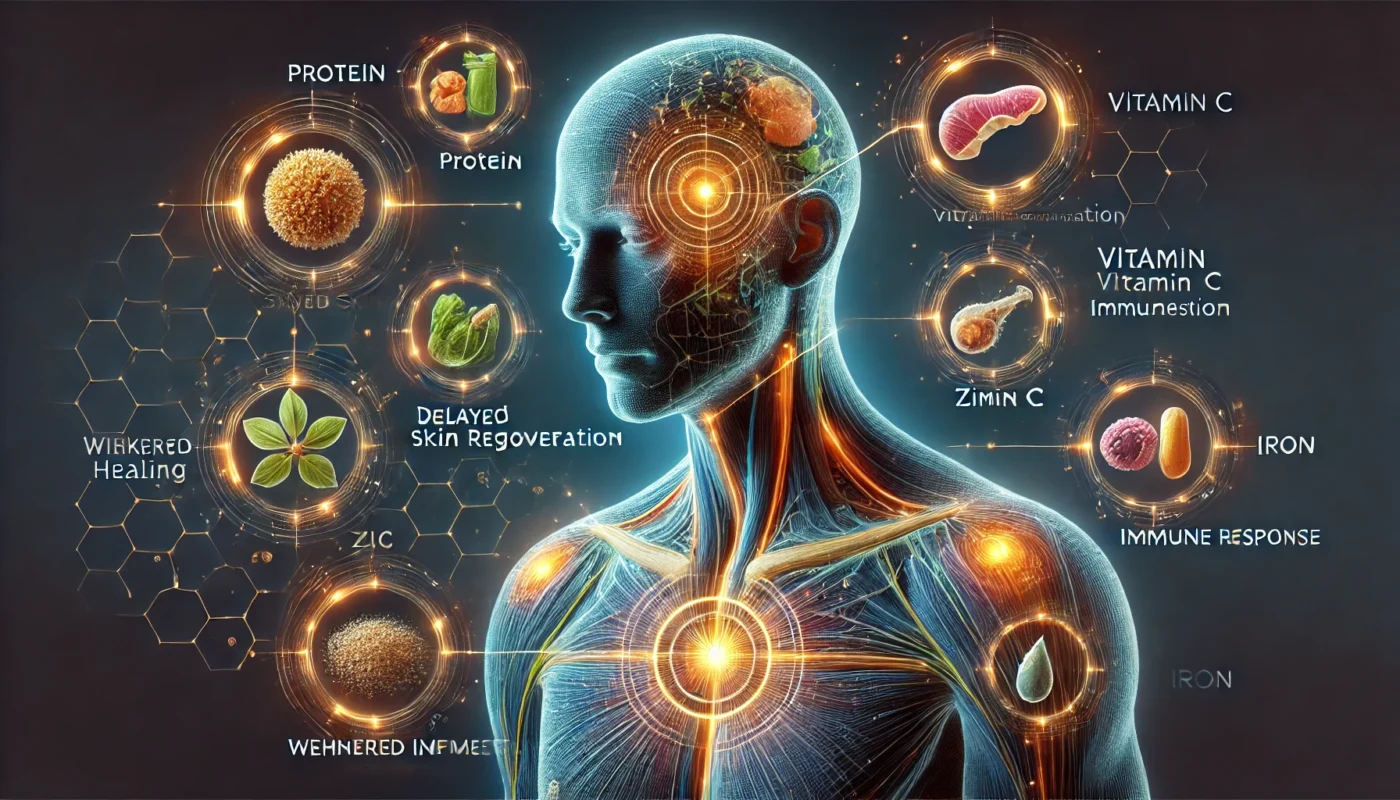In this article, we will delve into the world of pain management, exploring how the best specialists can assist you, and what to look for in a top pain management doctor near you. We’ll also explore the evolving landscape of treatment modalities, including holistic and alternative approaches that are gaining traction among patients and healthcare providers alike.
Tag Archives: Recovery
Back pain can stem from a variety of causes, including muscle strain, spinal misalignments, or more serious conditions such as herniated discs or osteoarthritis. Understanding the underlying cause of your back pain is vital in selecting the appropriate healthcare provider. For instance, a muscle strain may be effectively treated by a physical therapist, while a herniated disc might require the expertise of an orthopedic specialist or a neurologist.
Body aches and chills are common symptoms associated with viral infections such as the flu and the common cold. They can also result from physical exertion, stress, or underlying health conditions. Understanding the underlying causes can guide us in choosing the most effective remedies.
Vitamin C, also known as ascorbic acid, is a water-soluble vitamin essential for various bodily functions. One of its key roles is in the synthesis of collagen, a protein that is vital for the structural integrity of skin, cartilage, and bones. During the wound healing process, vitamin C becomes particularly important.
Before diving into specific nutrients, it’s crucial to understand the fundamental role nutrition plays in wound healing. The process of wound healing is energy-intensive, requiring a myriad of nutrients to repair tissues, fight infection, and regenerate new cells. A deficiency in vital nutrients can lead to delayed healing and increased susceptibility to infections. Therefore, ensuring […]
Recovery from injuries, surgeries, or illnesses is a multifaceted journey that demands a holistic approach. While physical therapy and rest are often highlighted, nutrition plays a pivotal, yet frequently underestimated, role in the recovery process. Nutritional deficiencies can significantly hinder the body’s innate ability to heal and regenerate. This article explores how inadequate nutrition affects […]
In the realm of nutrition and recovery, protein stands as a cornerstone, particularly when it comes to healing from injuries or surgeries. Protein powders have emerged as a convenient and effective way to supplement our diets with this essential macronutrient, playing a pivotal role in wound healing and recovery. In this article, we will delve into the benefits of protein powder for healing, examining scientific research and offering practical advice on how to incorporate it into your recovery regimen.
The body’s healing process is a marvel of nature, involving a complex interplay of cells, tissues, and nutrients. After surgery or injury, your body requires additional support to repair itself efficiently and effectively. Understanding the role that vitamins play in this process can help you optimize your recovery and ensure that you’re giving your body the best chance to heal.
In this article, we delve into the vitamins that are crucial in promoting healing, explore the best foods to consume post-surgery, and provide practical advice on creating a diet that supports your body’s recovery journey.
When it comes to healing, particularly after surgery or injury, your body requires certain nutrients to repair tissues and restore health. Among these nutrients, protein plays a pivotal role. This article delves into how protein-rich diets can enhance healing efficiency, supported by scientific research and practical advice.
Inflammation, a biological response to harmful stimuli, is pivotal in maintaining health and combating disease. However, chronic inflammation can lead to various health issues, including cardiovascular diseases, diabetes, and arthritis. As interest in holistic health approaches grows, understanding how to measure inflammation in the body becomes increasingly important.
This article delves into the contemporary techniques used to measure inflammation, providing insights into how these methods can aid fitness enthusiasts, health aficionados, and medical patients alike in optimizing their wellbeing.










